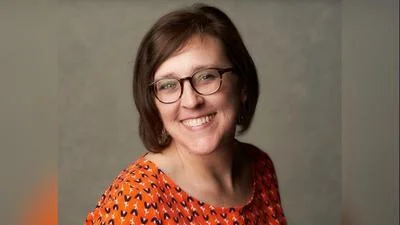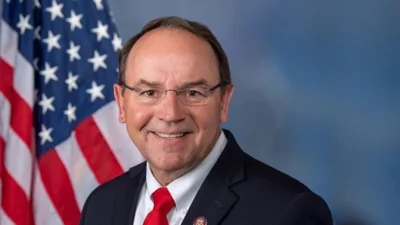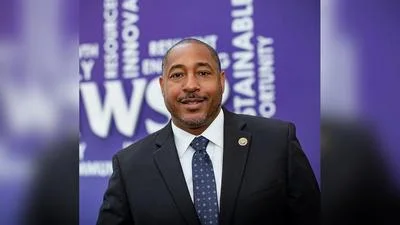Patrick Snyder, Wisconsin State Representative for 85th District | Official website
Patrick Snyder, Wisconsin State Representative for 85th District | Official website
According to the Wisconsin State Legislature's official website, the bill was described as follows: "local building permit fees for certain improvements of residences of disabled veterans. (FE)".
The following is our breakdown, based on the actual bill text, and may include interpretation to clarify its provisions.
In essence, this bill mandates that political subdivisions in Wisconsin reduce building permit fees by either 75% or $500, whichever is less, for improvements made to the primary residence of a disabled veteran. These improvements must be necessary to accommodate the veteran's disability, and the residence must be owned by either the disabled veteran or their caretaker. The bill also allows local authorities to request proof that the veteran qualifies as disabled under the defined criteria, the residence is their primary home, and the improvements are disability-related and necessary.
The bill was co-authored by Senator André Jacque (Republican-1st District), Representative Barbara Dittrich (Republican-99th District), Representative Benjamin Franklin (Republican-88th District), Representative Rob Kreibich (Republican-28th District), Representative Maureen McCarville (Democrat-42nd District). It was co-sponsored by Senator Jodi Habush Sinykin (Democrat-8th District) and Senator Melissa Ratcliff (Democrat-16th District), along seven other co-sponsors.
Patrick Snyder has co-authored or authored another 33 bills since the beginning of the 2025 session, with none of them being enacted.
Snyder graduated from the University of Iowa in 1978 with a BA.
Snyder, a Republican, was elected to the Wisconsin State Assembly in 2017 to represent the state's 85th Assembly district, replacing previous state representative Dave Heaton.
In Wisconsin, the legislative process starts when a senator, constituent, group, or agency proposes an idea for a bill. After drafting, the bill is introduced, numbered, and referred to a committee for review and public input. If approved, it moves through three readings and votes in both the Senate and Assembly. Once both chambers pass the same version, the bill goes to the governor, who can sign it, veto it, or let it become law without a signature. Only a small share of bills introduced each session ultimately become law. You can learn more about the Wisconsin legislative process here.
| Bill Number | Date Introduced | Short Description |
|---|---|---|
| AB247 | 05/08/2025 | Local building permit fees for certain improvements of residences of disabled veterans. (FE) |
| AB233 | 05/02/2025 | Grants to child advocacy centers. (FE) |
| AB201 | 04/16/2025 | Extortion, sexual extortion, and providing a penalty |
| AB193 | 04/15/2025 | Ratification of the Respiratory Care Interstate Compact. (FE) |
| AB164 | 04/08/2025 | Various changes to the unemployment insurance law and federal Reemployment Services and Eligibility Assessment grants. (FE) |
| AB156 | 04/02/2025 | Requiring child sexual abuse prevention education. (FE) |
| AB141 | 03/17/2025 | Provisional social worker certificates and licenses |
| AB97 | 02/28/2025 | Extension of eligibility under the Medical Assistance program for postpartum women. (FE) |
| AB27 | 02/17/2025 | Expanding veterans benefits to individuals who served in Laos in support of the United States during the Vietnam War |
| AB23 | 02/07/2025 | Establishment of a Palliative Care Council. (FE) |






 Alerts Sign-up
Alerts Sign-up